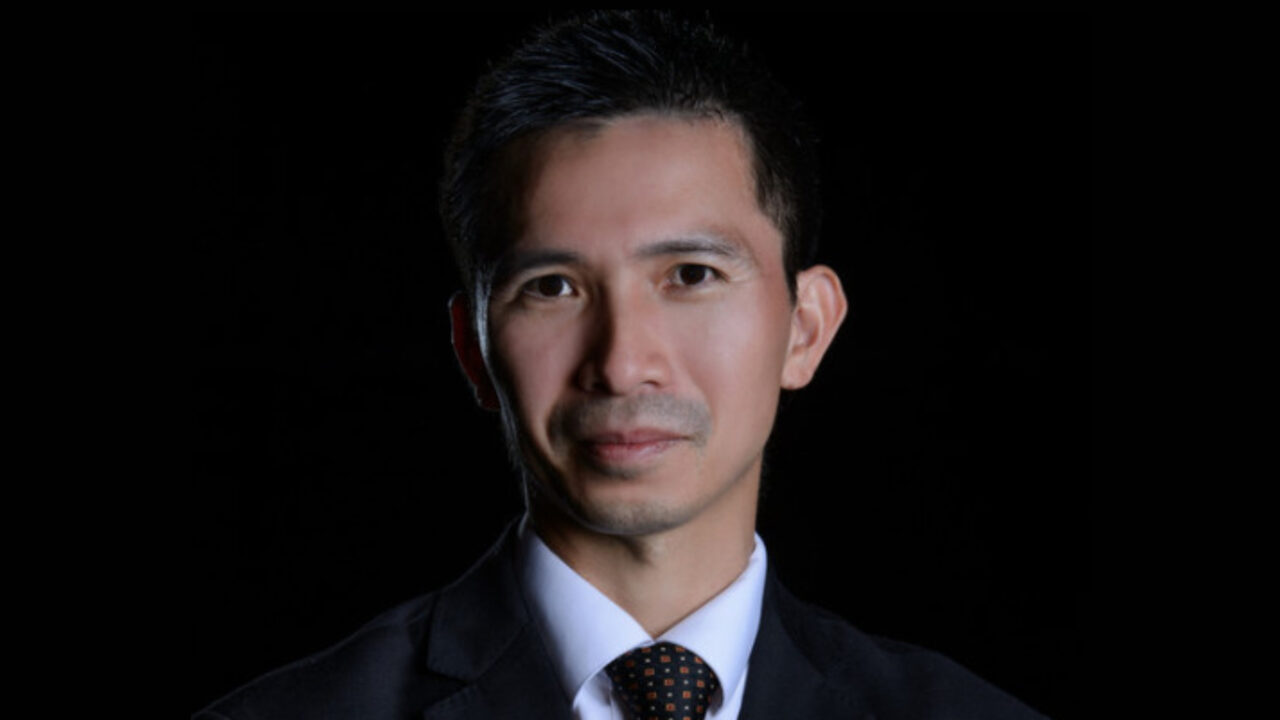
Hung Trinh: Bicistronic CAR T-Cell Therapy in Relapsed or Refractory B-Cell ALL
Hung Trinh, CMC/MFG Consultant and Managing Director at Vertex Biopharm Consulting, shared a post, on LinkedIn:
“Bicistronic CAR T-Cell Therapy Demonstrates Clinical Activity in Relapsed or Refractory B-Cell ALL.
A novel bicistronic CD19/CD22-directed CAR T-cell therapy (B019) has demonstrated high remission rates, durable responses, and a favorable safety profile among children with relapsed or refractory B-cell acute lymphoblastic leukemia (ALL), including those with isolated or combined extramedullary disease. These findings were presented during the 2024 American Society of Hematology (ASH) Annual Meeting & Exposition.
Results from the investigator-initiated, early-phase trial (ChiCTR2000032211) showed a 1-year event-free survival rate of 75.5% and an overall survival rate of 93.5%. Among patients who underwent bridging bone marrow transplantation, the 1-year event-free survival rate was 89.7%, compared with 76.8% for those who did not. However, authors of the study emphasized that overall survival rates were comparable between the two patient groups.
“The promising efficacy and safety profile of this therapy represent a critical step forward in improving outcomes for pediatric patients with relapsed or refractory B-cell ALL, particularly those with complex disease presentations,” said presenting author Hua Zhang, MD, PhD, Vice President and Chief Scientific Officer at SPH Biotherapeutics (Hong Kong), Limited, during a virtual press briefing.
As Dr. Zhang reported, B-cell ALL remains a challenging disease in the relapsed or refractory setting, particularly for pediatric patients. Although prior studies demonstrated that CD19- and CD22-directed CAR T-cell therapy achieves high remission rates, durability of responses has been limited for patients with significant disease burden or extramedullary involvement.
The novel bicistronic CAR T-cell therapy was designed to target both CD19 and CD22 simultaneously. The goal is to enhance event-free survival, overall survival, and safety outcomes regardless of prior exposure to allogeneic hematopoietic cell transplantation.
Study Design
The single-arm, one-center trial enrolled 343 children (up to age 18) with relapsed or refractory B-cell ALL. Patients underwent debulking and lymphodepletion during a 7-day period while the CAR T cells were manufactured. The regimen was administered at doses ranging from 1 × 106/kg to 10 × 106/kg. Patients were stratified into two main cohorts:
Isolated extramedullary disease (n = 51): This cohort included patients with isolated central nervous system (CNS) or testicular relapse.
Refractory or combined hematologic relapse (n = 292):
Efficacy and Safety
At a median follow-up of 13.9 months, the therapy demonstrated efficacy. Complete remission rates reached 99%, with measurable residual disease (MRD) negativity achieved in all evaluable patients. The 1-year event-free survival rate was 75.5%, and the overall survival rate was 93.5%.”
-
Challenging the Status Quo in Colorectal Cancer 2024
December 6-8, 2024
-
ESMO 2024 Congress
September 13-17, 2024
-
ASCO Annual Meeting
May 30 - June 4, 2024
-
Yvonne Award 2024
May 31, 2024
-
OncoThon 2024, Online
Feb. 15, 2024
-
Global Summit on War & Cancer 2023, Online
Dec. 14-16, 2023
